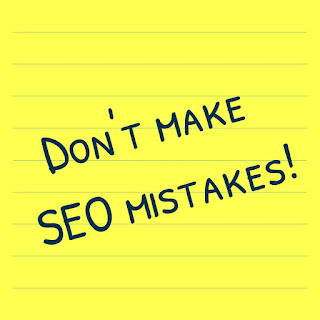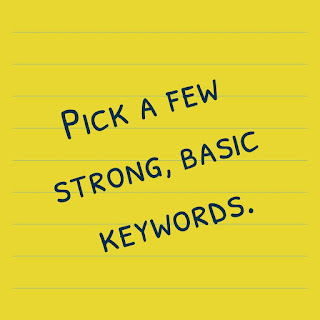This week's post inspiration comes courtesy of "Chimi," some rude chick or dude with an anonymous Instagram who left an epically snarky comment to me on another person's post. Now, I don't hold that against him/her because I post snark when snark is due, too. But, "Chimi" and I had no prior connection. The snarky comment did raise my curiosity enough that I looked at the profile. Thank you, for having an equally snarky Instagram biography that inspired this post on branding, personal and business reputation, and reputation management. The bio reads:
"CSP I am not my social media presence you desperate attention seeking hypocrite".
Well, Chimi, we have reached the year 2017, social media rules personal, business and crossover sectors, and actually whether or not you like it, yes, you are your social media presence.
You Are Your Brand
Every person who creates a social media account creates an online representation of themselves. Now, again allow me to be blunt and honest. (Trust me, I am stellar at it.) If you looked at my personal Twitter, you would think I am a bitch. I am when necessary. I tag my stalkers often and gleefully torture them right back. They make it such fun.
If you looked at the Twitter for either of my companies or any blog or theme Instagram I run, you'd see an uber professional woman who loves coffee, my cat, and slaying my to do list. You would probably think I'm friendly and polite. I normally am.
Both "brands" remain true and accurate. They both represent real me, just different aspects of me. Now, back to Chimi's assertion that s/he isn't the social media presence. Well, your social media presence is and should be "you." Your social media should accurately represent you. Period.
Today, potential employers look at social media before hiring. Graduate schools look at social media before admitting students. Potential boyfriends and girlfriends even look at it to determine if a person would be "right" for them. Inaccuracy can cause mistrust, waste time, and cost money.
This rings even more true for celebrities, athletes, businesses and brands. Your fans or customers build trust based upon your social media representation and publicity. Anything that conflicts with the you they already "know" creates mistrust. Mistrust translates to lost sales whether it's concert tickets, sport event tickets, t-shirts or widgets. If people don't trust you, they literally aren't buying you. That means the "you" you show on the playing field, in the ring, on the stage, etc. needs to match what they see on social media or you lose trust and fans.
How Do You Brand Across Media?
Branding may seem complicated, but not really. The best branding just accurately describes its subject.
- Stick to what you know and who you are, if you're a person.
- Stick to an accurate, honest description of your product or service, if you're a company.
- Create a campaign. Make the message the same on every social media channel and every media outlet. Don't vary it.
- Create hard and fast guidelines for social media interns or account managers. They should only post messages that jibe with your existing campaign.
- Limit posting access to your channels to further ensure campaign compatibility.
Corporations have social media teams and public relations departments to handle branding and marketing. Solopreneurs, freelancers, startups, entrepreneurs, amateur and even some professional athletes, and small businesses handle it themselves. You are your brand. Sell yourself in the most positive light.
Whether everyone likes it or not, in the 21st century, Chimi is wrong. Each of us is our social media. We practically live online. This trend keeps growing and expanding. Each day, the Internet of Things grows and another everyday item becomes linked to the Internet to automatically transmit data about its surroundings and about us. Our connection continually grows. We are our social media presence and our social media presence is us. If you have a hard time accepting that Chimi, hire someone who does. Maybe then you can attract your first Instagram follower.
***
Carlie Lawson writes about tech, mobile and online video, entertainment, sports and fashion. She wrote for JollyJo.tv, Keysian and Movitly for a combined seven years. A former newspaper journalist, she now mostly ghost writes for her clients via her company, Powell Lawson Creatives. Invalid Inputs is her first independent, formal blog. She earned BAs in Journalism and Film & Video Studies from the University of Oklahoma. She also earned her Master of Regional & City Planning at OU. She has worked as a model since she was 17.
|










